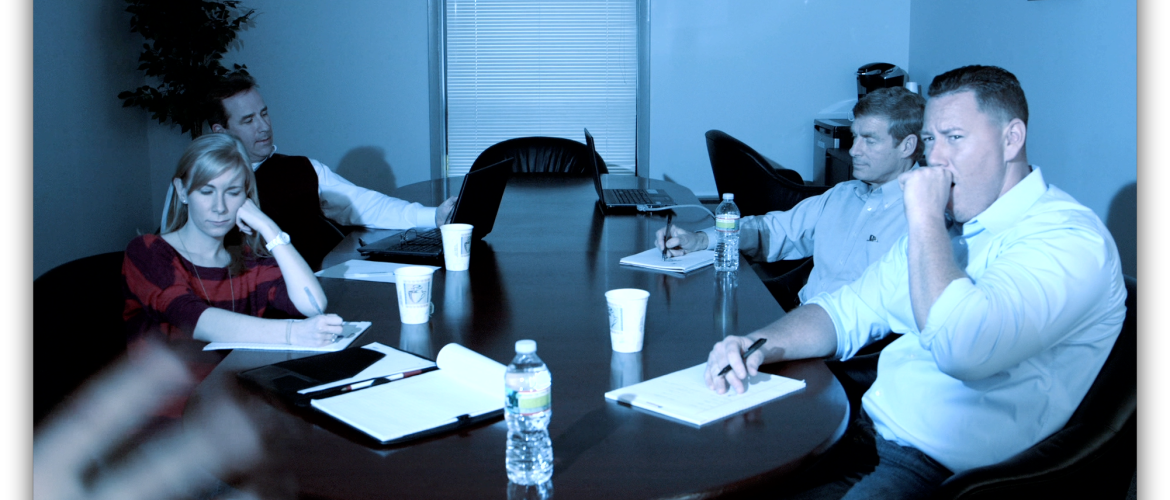How Does Disengagement Happen?
Disengagement often happens, though, when there is a breach of this contract. And these breaches, as I’m sure some of us have experienced, come about for a variety of reasons like violations of trust, actions that reveal a lack of honesty and integrity, behaviors that violate ethics or the law, promises that get broken, assignments that intrude on personal time, job descriptions and expectations that are ill-defined, environments that are difficult and depressing, and leaders who drastically alter the deal.
These breaches that lead to disengagement are critical because research has consistently shown that disengagement can lead to a decline in productivity, performance, workplace safety, loyalty and retention, organizational citizenship behaviors, and, overall, the bottom line.
Some research has even found that contractual breaches influence different age groups differently. Younger employees lose their sense of trust and commitment; older ones lose their sense of job satisfaction. Regardless of what it impacts, research has shown that when an employee is disengaged, their disengagement can negatively impact the team and, ultimately, negatively impact customer engagement and retention.
The Power of Emotional Contagion
The reason why this occurs is a phenomenon called Emotional Contagion, which is a very simple concept: if you smile and are positive around someone, they will feel good and most likely carry that positivity to the next place they go, which can create a ripple effect, and is pretty amazing when you realize how powerful a small positive gesture can be. The same ripple effect can, of course, occur when projecting negativity. Don’t believe me? Take a moment and think about whether you feel good or bad around a positive person and/or a negative person. It doesn’t take a brain surgeon to figure this one out.
Sigal Barsade, a professor at Wharton Business School, studied emotional contagion and observed that people are walking mood inductors – people are continuously influencing the moods and then the judgments and behaviors of others. In her research, she has found that when participants are exposed to someone acting cheerfully in a group, the group behaves more cheerfully. When participants were exposed to someone acting in an angry way, the group became angrier. Positive emotions created more cooperation; negative emotions increased conflict and decreased cooperative decision-making. The effect occurs in every type of organization, in every industry, and in every large and small workgroup.
This research confirms that disengagement, often caused by a breach of the psychological contract, can have incredibly significant, unintended consequences. Often, a broken psychological contract is left unrepaired, which only worsens the impact and consequences. Acknowledging the breach and making attempts to repair it is critical to regaining engagement and interrupting the effects of emotional contagion. It’s a no-brainer.
















